American youth attributes much more importance to arriving at driver's license age than at voting age
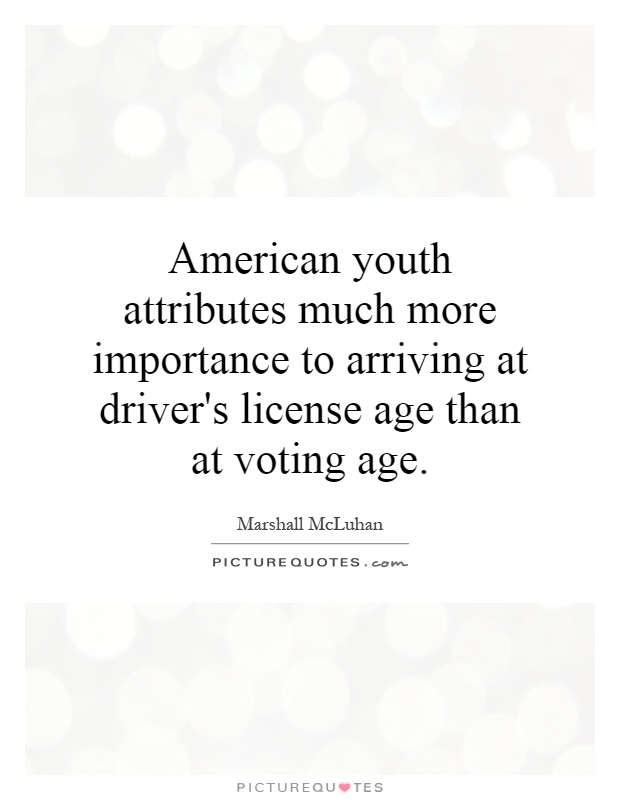
American youth attributes much more importance to arriving at driver's license age than at voting age
Marshall McLuhan, a renowned media theorist, famously stated that "the medium is the message," suggesting that the way information is transmitted can have a profound impact on society. In the context of American youth, McLuhan's theory can shed light on why young people often place more importance on obtaining a driver's license than on reaching voting age.One of McLuhan's key ideas is that technology shapes our perceptions and behaviors. In the case of American youth, the ability to drive represents freedom, independence, and social status. For many teenagers, getting a driver's license is a rite of passage that signifies adulthood and autonomy. It allows them to explore the world, socialize with friends, and participate in activities that were previously out of reach. In contrast, voting may seem abstract and distant, with less immediate impact on their daily lives.
Furthermore, McLuhan argued that media can influence how we prioritize information and values. In today's society, the media often glorifies the idea of driving as a symbol of maturity and coolness. From movies and TV shows to social media influencers, young people are bombarded with images of glamorous road trips, fast cars, and the thrill of the open road. In comparison, the importance of voting is often downplayed or overshadowed by other news and entertainment.
Additionally, McLuhan's concept of the global village suggests that technology has made the world more interconnected and interdependent. This interconnectedness can make it easier for young people to engage with driving culture, as they see their peers and celebrities sharing their experiences online. On the other hand, the political process can seem distant and complex, especially for those who feel disconnected from the issues or marginalized by the system.
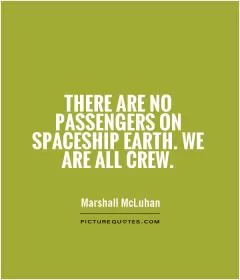
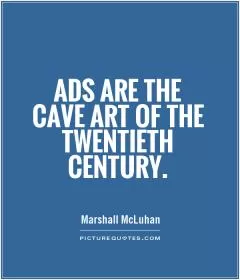

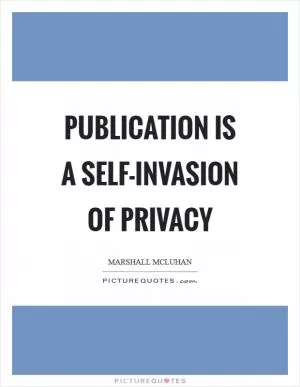
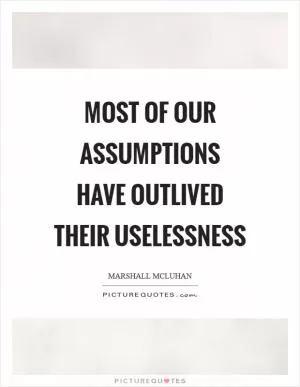
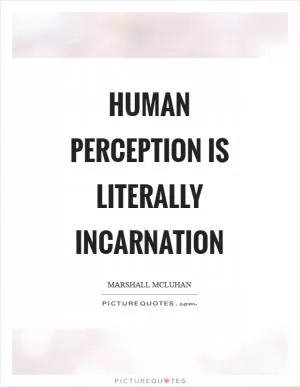
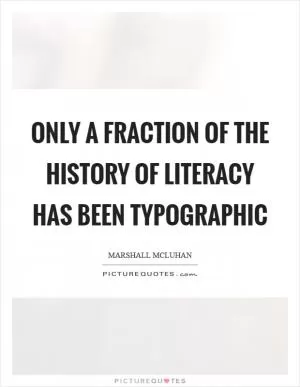
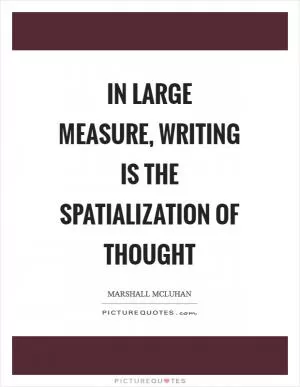
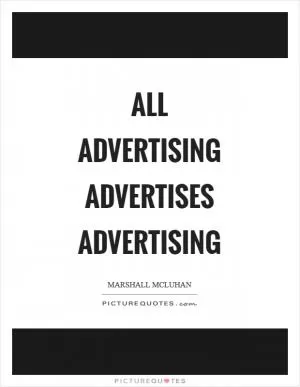
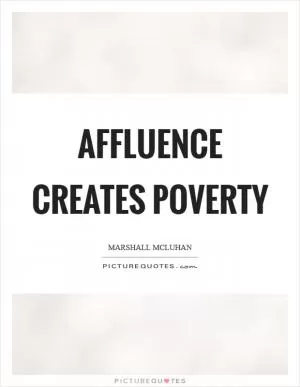

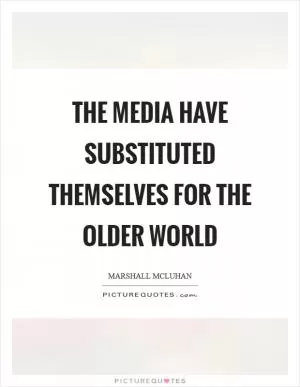
 Friendship Quotes
Friendship Quotes Love Quotes
Love Quotes Life Quotes
Life Quotes Funny Quotes
Funny Quotes Motivational Quotes
Motivational Quotes Inspirational Quotes
Inspirational Quotes